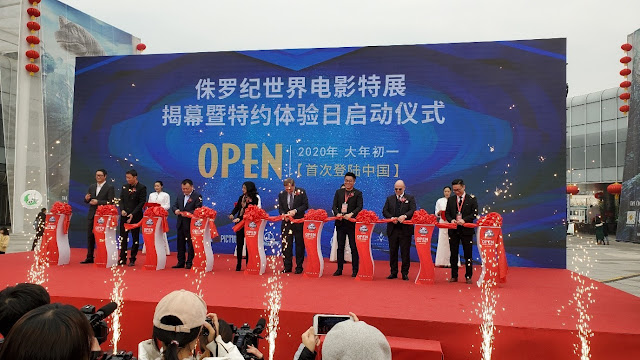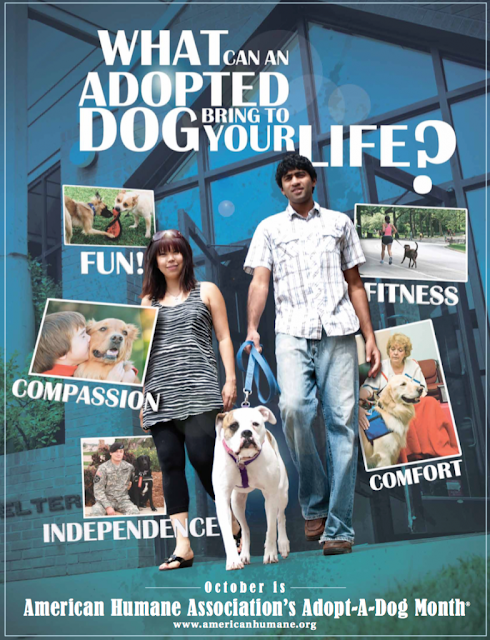 |
| "Jurassic World: The Movie Exhibition" to Open in China |
Set to be launched at the iconic Giant Panda Breeding Research Base, special guests from the media and tourism industry were invited to an exclusive preview into Jurassic World: The Movie Exhibition on 20 January 2020.
This preview event was also attended by strategic partners that made this exhibition possible, including Mr. Ron Tan, Executive Chairman and Group CEO of Cityneon Holdings, Mr. Michael Silver, Universal Parks & Resorts' President for Global Business Development, , Mr. Liu Xiaobin, Vice President of Wanda Film Group and Executive CEO of Wanda Film, Ms. Zhou Haiyan, Deputy Governor of Chenghua District and many other distinguished guests. The official signing ceremony was held earlier this month (5 January 2020) at the Wanda Cinemas in Chengdu Mid-Town.
This exhibition spans a total area of approximately 30,000 square feet and is poised to bring the ground-breaking film franchise Jurassic World to life. Visitors will feel as if they have entered the films as they walk through the world-famous Jurassic World gates and explore the experience through an interactive journey. Guests will come face-to-face with a Velociraptor, step behind the glass into The Hammond Creation Lab; and be able to imagine what it would have been like to walk among these breathtaking animals as they visit a majestic and family-friendly Brachiosaurus, and get a rare up-close look at the most vicious dinosaur of them all, the Tyrannosaurus Rex.
 |
| "Jurassic World: The Movie Exhibition" (screengrab) |
The Jurassic World franchise has been entertaining audiences around the world with powerful stories and characters for more than 25 years -- from film to TV to video games and toys to rides at Universal theme parks. In fact, Universal Beijing Resort is scheduled to open in 2021 as Universal's newest theme park destination and will feature seven highly themed and immersive lands -- including Jurassic World Isla Nublar. Guests of all ages will be able to explore Isla Nublar, an island of wonder and thrills where dinosaurs roam the Earth again.
Speaking at the event, Universal Parks & Resorts' President of Global Business Development Mr. Michael Silver said, "I am indeed excited to see Jurassic World: The Movie Exhibition opening here in Chengdu. We strongly believe that this exhibition's first foray into China is only the beginning, and we are confident that Jurassic World: The Movie Exhibition will be presented in many other Chinese markets in the future. We are delighted that our licensee Cityneon Group, together with Wanda Films, are presenting such a world-class exhibition that is such a credit to the iconic Jurassic World franchise, and we are pleased that the many Jurassic World fans in China will have the opportunity to experience this wonderful exhibition."
Adding to that, Cityneon's Executive Chairman and Group CEO Mr. Ron Tan said, "We are honoured and thrilled to have forged strong and strategic partnerships with Universal and Wanda to bring Jurassic World: The Movie Exhibition to Chengdu, our first stop in China. We are highly encouraged by the committed ticket sales of 300,000 tickets even prior to the start of the exhibition and deeply hope that this exhibition can bring the same excitement to the Chinese audiences here as well."
Reiterating his commitment to create high-quality and unforgettable experiences, Mr. Tan added, "We will continue to leverage on our expertise, credentials and relationships with existing and new partners to deliver more unique exhibitions and compelling experiences in markets with high growth potential."
Wanda Film Group and Wanda Film's CEO Mr. Zeng Maojun, said, "We are very impressed with Cityneon's licensed portfolio of leading global IPs and its iconic exhibitions that captivate audiences around the world. It is our great pleasure to collaborate with them to bring this exclusive exhibition to China. We are confident that the audiences will be wowed by the magnificence and interactive experiences, leaving them with unforgettable unique memories like never before, especially during this festive Chinese New Year."





















 site
site





















